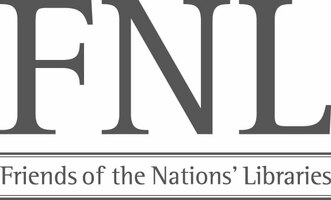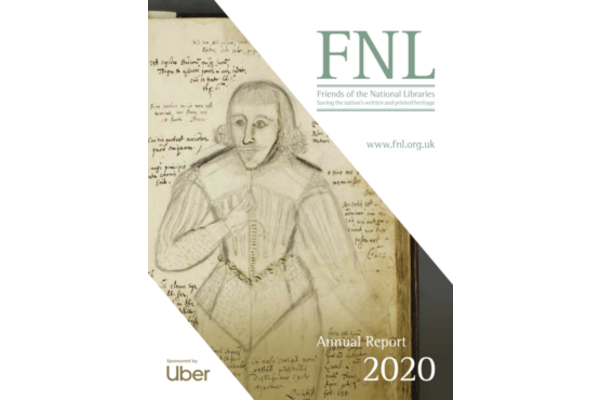Even with the unique challenges posed by the pandemic, archivists and librarians continued to save collections for the nation and make them available to the public. FNL played a vital part, by giving grants totalling over £200,000 to 39 libraries and archives across the UK, making those acquisitions possible.
Download our annual report to read short essays of all of the items and collections acquired with FNL's help - in 2020, which include:
- Matthew Boulton’s Bible (1763; printed by John Baskerville, Cambridge), for the University of Birmingham;
- Mores vitamque Christiano dignum delineantes regulae centum (1721) printed in the Tamil language, for Cambridge University Library;
- The Lewis of Caerleon manuscript (late 15th century), for the British Library;
- The Gregory Stevens Cox Thomas Hardy collection, for the Dorset History Centre;
- Rental roll for Hackness, North Yorkshire (1622-1639), for the North Yorkshire Record Office;
- The estate and family papers of the Baines family (15th-19th centuries), for theUniversity of Hull;
- Letters of Edward Thomas and books of Robert Frost for Petersfield Museum;
- A first edition of William Cowper's Poems that probably used by Jane Austen, for Chawton House.
- Ten books from the library of Thomas Plume, for Thomas Plume's Library;
- The Steer Webster Collection relating to the Mulberry Harbours, for the Royal Engineers Museum Library and Archive;
- Five manuscripts written by Robert Burns, for the National Library of Scotland;
- The Papers of Thomas Verner Jnr, relating to the Donegall Estate and the sale of Belfast (1846-1856), for Queen's University Belfast.
In addition to our normal grant-giving we were able to facilitate the generous gift of the 15th-century Book of Lismore from the Chatsworth House Settlement to University College Cork. The Book of Lismore consists of 198 large vellum folios containing some of medieval Irish literature’s greatest masterpieces. FNL was involved because it is one of a very limited number of bodies listed in Schedule 3 of the Inheritance Tax Act 1984. As such FNL can facilitate gifts to eligible institutions of previously exempted works of art without giving rise to a tax charge on the donor family, and it can enable acquisitions by eligible institutions of artefacts accepted in lieu of Inheritance Tax.




